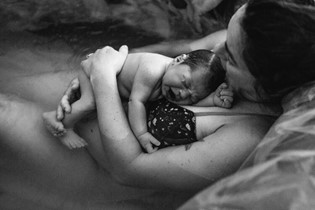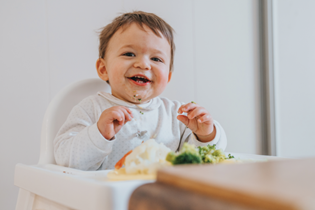Top psychologist tips for parenting neurodiverse children
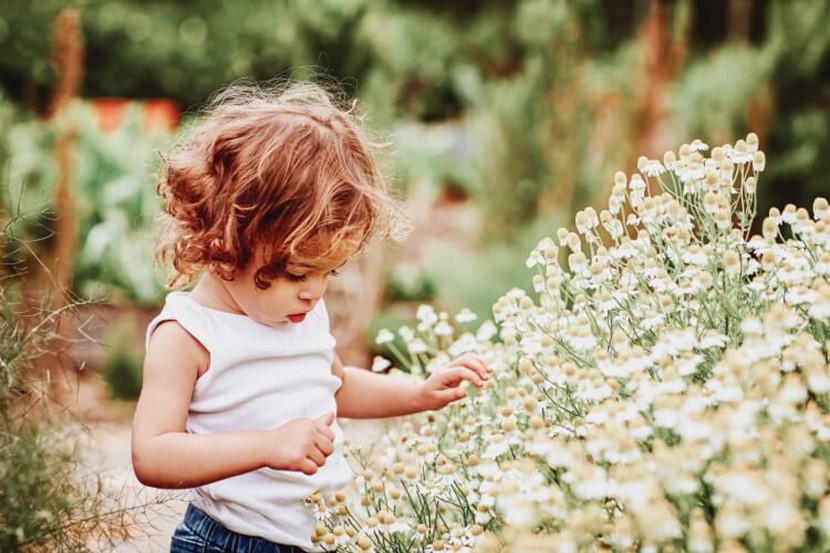
Every child is unique, but for some, the way they experience the world is completely different. Clinical psychologist, Chantal Hofstee gives us an insight into the life of neurodiverse children and shares her personal journey.

I’m trying but my brain just doesn’t know how to sleep, Mama.” It's 10pm, and my five year old daughter is in tears because I have turned off the light and am refusing to lie down with her. Since she was six months old she hasn’t gone to sleep before 9.30pm. After we had tried all the strategies we could think of, we just put her to bed and closed the door behind her. It broke my heart but all those late nights were breaking me. Surely after some time she would get used to it and fall asleep, we thought. But we were wrong – she would scream till 9.30pm and then fall asleep from exhaustion. It only stopped once she was able to climb out of her bed and start playing in her room until she was tired and then she would climb back in bed and go to sleep at exactly 9.30 pm. Surprisingly she never seems tired during the day, instead she has an abundance of energy and can always be found running, climbing, dancing or balancing on something. She is full of energy and strength but can’t organise herself if her life depended on it.
“I don’t think I want to live anymore, Mama”. My son was seven years old and so unhappy. He was very bright but couldn’t read or write yet and had the weight of the world on his shoulders – a recipe for depression. “Can we go around the neighbourhood and warn all the parents about the unhealthy ingredients in McDonald's food?” “Stop the car, I need to pick up that piece of rubbish before an animal eats it!” “Why can’t I read like everyone else?” “No one wants to play chess with me anymore because I always win, but it's the only thing I am good at. Why can’t they be happy for me?” At five years old he developed a fascination for marketing and economics, then moved onto physical health and biblical studies, then shifted to chess and jiu jitsu – excelling in everything, seemingly effortlessly but now at nine still asks if ‘is’ is spelled ‘is’ or ‘iz’.
Raising two neurodiverse children (one ADHD and the other twice exceptional, meaning both gifted and having a learning disability) brings a lot of chaos both physically and emotionally. Then throwing a chronically unsettled baby in the mix, it is fair to say my brain feels like it is about to explode on a regular basis. But we make it work, with many strategies in place, patience and adaptations. Yet I know I have it ‘easy’ compared to some of the families with neurodiverse children that I work with. There are situations of aggression, social isolation, bullying at school, sleep disorders, depression, dropping out of school, crippling anxiety, eating disorders and self-harm. These issues are not limited to neurodiverse children but they are often more vulnerable to them.
Neurodiverse or neurodivergent children is a name that encompasses many different diagnoses and ‘types of brains’. What they have in common is that they all differ from the ‘norm’. Their brain works differently in a way that leads to different experiences and different needs.
Often adaptations in teaching and parenting are needed to help these children thrive. They might excel in some ways, for example in creativity, knowledge, or otherwise, but they are also often more vulnerable to being dysregulated by normal everyday things. The modern world was not designed with their needs in mind and so often frustrates and stresses them to the point of serious mental health issues.
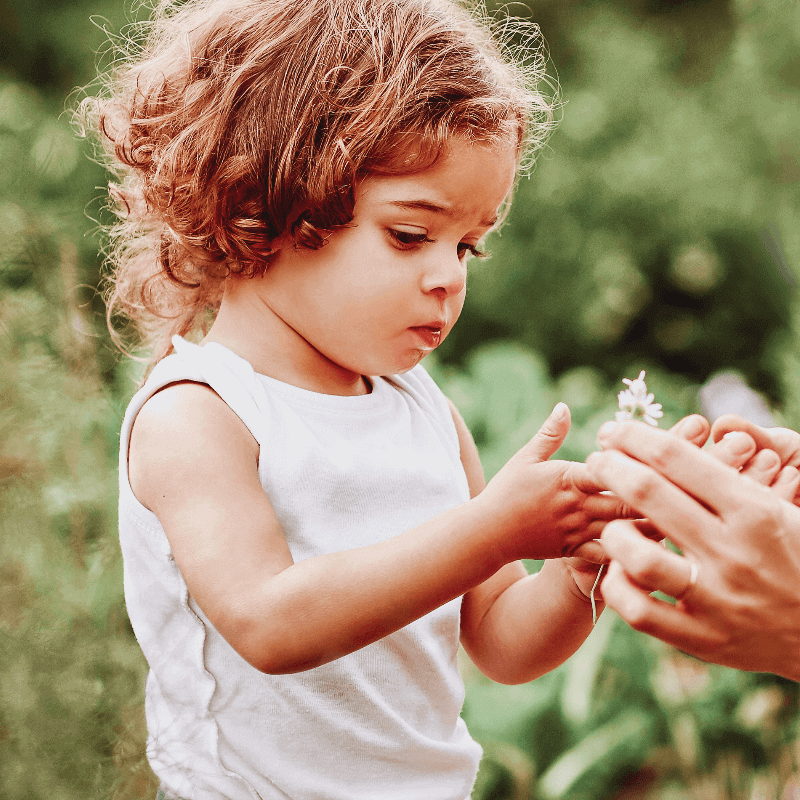
Parenting is hard and all of us have our unique challenges and difficulties but parenting neurodiverse children comes with its own unique set of big challenges that are so often unnoticed. Also, the number of neurodiverse children is rising rapidly for reasons that are still unknown but cannot just be explained by an increase in awareness and diagnosing. At the time of writing this article it's estimated that 1 child in 44 is diagnosed with Autism Spectrum Disorder (it was 1 in 150 in 2000), 1 in 11 children is diagnosed with ADHD, 1 in 16 kids is Gifted, 1 in 7 has Dyslexia, 1 in 333 has Tourette’s (Prevalence based on US data). There are many theories regarding why there has been this increase, but the reasons remain largely unknown. It does mean that parents now have much higher chances of having a child that is identified as being neurodiverse or knowing someone who does.
For parents of neurodiverse children, I want to say: I hear you, I feel your pain and your worries for your child and their future. It is hard, it is full on, it’s often lonely and it makes perfect sense you feel this way.
If you are like me, you love your child to bits but also find them such hard work; acknowledging that doesn’t mean you love them any less or are any less of a good parent. Looking after yourself as you are nurturing and growing these little people (or sometimes just getting through the day) will often feel impossible but where you can, I encourage you to practise self-care and ask for help. Many of your struggles will go unnoticed to the people around you unless you tell them what you struggle with AND tell them how they can help. Try to find your ‘tribe’ of parents dealing with the same challenges, because they really understand what it's like and that makes all the difference. It is hard work to ‘keep the balance’ but when things go off track, go back to the basics listed above and remember, it takes a village to raise a child and keep the parents sane.
In my own home and in my work I often start with the basics in helping these children be able to regulate their stress better, these are:
 A clean (not processed, no preservatives) diet high in healthy fats and protein, and low in sugar and carbs. This type of diet creates a stable supply of energy and avoids the dysregulating ‘sugar rush and crash’. Yes, this is a real challenge but the results are, in many cases, very noticeable.
A clean (not processed, no preservatives) diet high in healthy fats and protein, and low in sugar and carbs. This type of diet creates a stable supply of energy and avoids the dysregulating ‘sugar rush and crash’. Yes, this is a real challenge but the results are, in many cases, very noticeable.
 This is purely based on anecdotal evidence, but several families report a strong reduction in symptoms when their children are on a dairy and gluten free diet.
This is purely based on anecdotal evidence, but several families report a strong reduction in symptoms when their children are on a dairy and gluten free diet.
 Prioritise physical activity. Being physically active helps them to regulate their energy and calm their nervous system. Think sports, trampoline, bouncing on swiss balls, monkey bars, biking, running etc.
Prioritise physical activity. Being physically active helps them to regulate their energy and calm their nervous system. Think sports, trampoline, bouncing on swiss balls, monkey bars, biking, running etc.
 Optimising levels of zinc, iron, b12, magnesium, and omega-3. Deficiencies in these can create symptoms that mimic neurodiversity symptoms and optimal levels of these support healthy brain function, as well as general health.
Optimising levels of zinc, iron, b12, magnesium, and omega-3. Deficiencies in these can create symptoms that mimic neurodiversity symptoms and optimal levels of these support healthy brain function, as well as general health.
 Create and stick to routines. The world and daily expectations can be very overwhelming for neurodiverse children. Routines and systems offer predictability and structure, which reduces stress and helps them regulate their brains better.
Create and stick to routines. The world and daily expectations can be very overwhelming for neurodiverse children. Routines and systems offer predictability and structure, which reduces stress and helps them regulate their brains better.
 Soft transitions are key. Transitioning from one place or activity to another can be very stressful for neurodiverse children. Giving them plenty of heads-up and time to mentally prepare for the transition helps. Not rushing it, but having some flexibility during transitions and giving them a specific focus point can also help. For example, "We are leaving for school in 10 minutes, in five minutes, in two minutes, it is time to go to the car now, do you want to carry your bag (focus point) or shall I?".
Soft transitions are key. Transitioning from one place or activity to another can be very stressful for neurodiverse children. Giving them plenty of heads-up and time to mentally prepare for the transition helps. Not rushing it, but having some flexibility during transitions and giving them a specific focus point can also help. For example, "We are leaving for school in 10 minutes, in five minutes, in two minutes, it is time to go to the car now, do you want to carry your bag (focus point) or shall I?".
 Model 'this is what ‘done’ looks like'. Many neurodiverse children struggle to or are unable to picture in their mind what the completed task looks like. When neurotypical people set out to do something, the first step is usually picturing what the end goal is and then working back from that. This is why, for neurodiverse children, doing the simplest things can be so difficult. Giving them an image of what the end product looks like can help them overcome this difficulty. For example a picture of what dressed for school looks like, what a tidy room looks like or what a packed lunch looks like.
Model 'this is what ‘done’ looks like'. Many neurodiverse children struggle to or are unable to picture in their mind what the completed task looks like. When neurotypical people set out to do something, the first step is usually picturing what the end goal is and then working back from that. This is why, for neurodiverse children, doing the simplest things can be so difficult. Giving them an image of what the end product looks like can help them overcome this difficulty. For example a picture of what dressed for school looks like, what a tidy room looks like or what a packed lunch looks like.
 Checklists they can tick off are great! For the forgetful and disorganised children, having a checklist of things they can tick off can greatly help their self-organising skills. Shoes tick, jacket tick, water bottle tick, sun hat tick, book bag tick, etc.
Checklists they can tick off are great! For the forgetful and disorganised children, having a checklist of things they can tick off can greatly help their self-organising skills. Shoes tick, jacket tick, water bottle tick, sun hat tick, book bag tick, etc.
 Calm the farm. Have pre-planned activities and places where they can go to ‘chill’ and do something that soothes their brain and nervous system. A rocking chair, hammock, trampoline, hitting a boxing ball, books, rubik's cube, lego, music, a bath – anything that works for them. The important thing is that it is pre-planned and ready for use when they need it. These children often can’t just ‘calm down’, but they can learn to self-soothe in ways that work for them.
Calm the farm. Have pre-planned activities and places where they can go to ‘chill’ and do something that soothes their brain and nervous system. A rocking chair, hammock, trampoline, hitting a boxing ball, books, rubik's cube, lego, music, a bath – anything that works for them. The important thing is that it is pre-planned and ready for use when they need it. These children often can’t just ‘calm down’, but they can learn to self-soothe in ways that work for them.
 Use water. Water has a calming effect on most children (and adults). A warm bath with Epsom salts, or a warm shower before bed or just when their systems need it can be such an effective way to calm them down.
Use water. Water has a calming effect on most children (and adults). A warm bath with Epsom salts, or a warm shower before bed or just when their systems need it can be such an effective way to calm them down.
 Reduce screen time. All kids love screen time but not all kids can cope very well with the dopamine hits it provides and the stress that comes with turning it off. For most neurodiverse children it has a profound destabilising effect and the time off the parent gets might not actually be worth the disruption it brings.
Reduce screen time. All kids love screen time but not all kids can cope very well with the dopamine hits it provides and the stress that comes with turning it off. For most neurodiverse children it has a profound destabilising effect and the time off the parent gets might not actually be worth the disruption it brings.
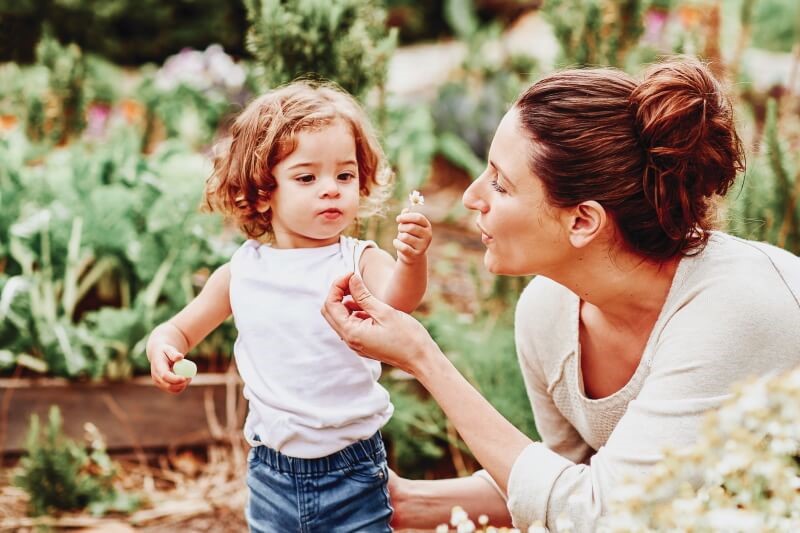
Chantal Hofstee is the mindful mum of Sem, Isha and Leon, a clinical psychologist, an executive coach and the author of Renew Your Mind and Reach Your Goals Without Stressing Out. Find out more at renewyourmind.co.nz.

AS FEATURED IN ISSUE 58 OF OHbaby! MAGAZINE. CHECK OUT OTHER ARTICLES IN THIS ISSUE BELOW



